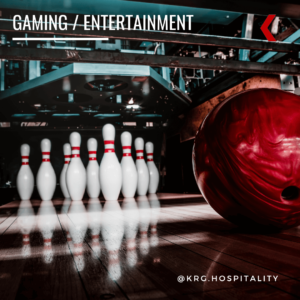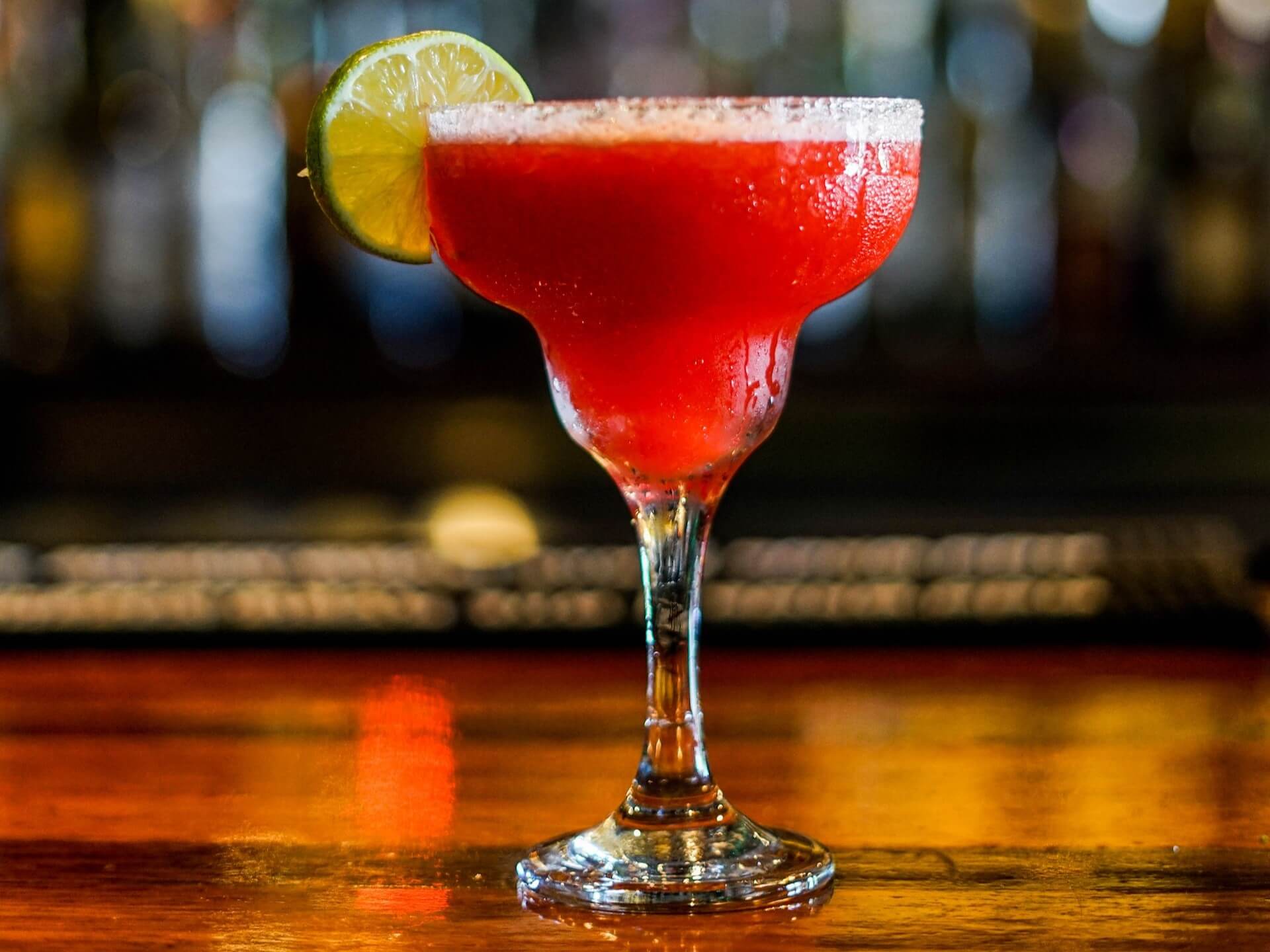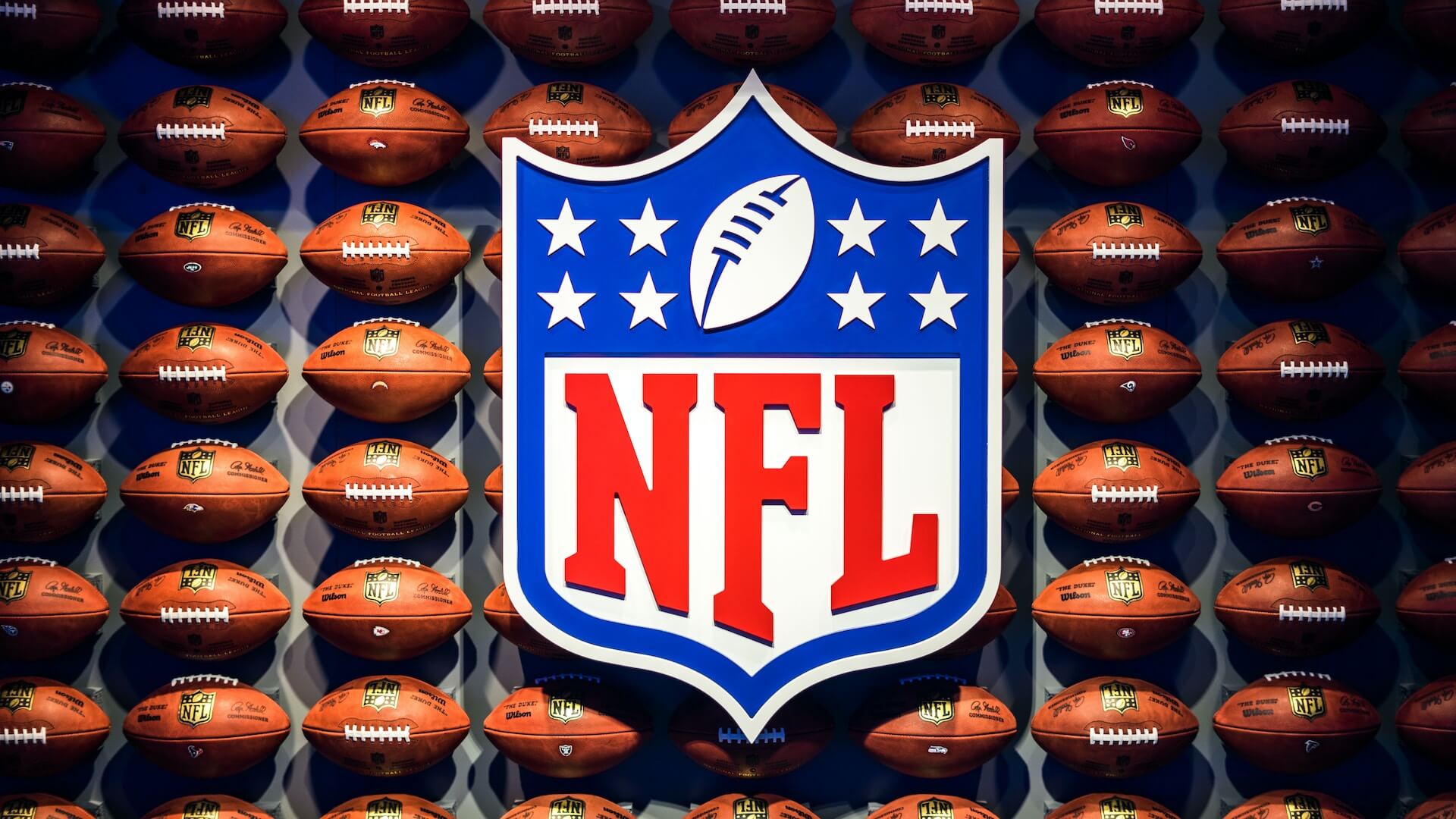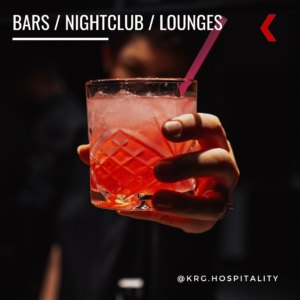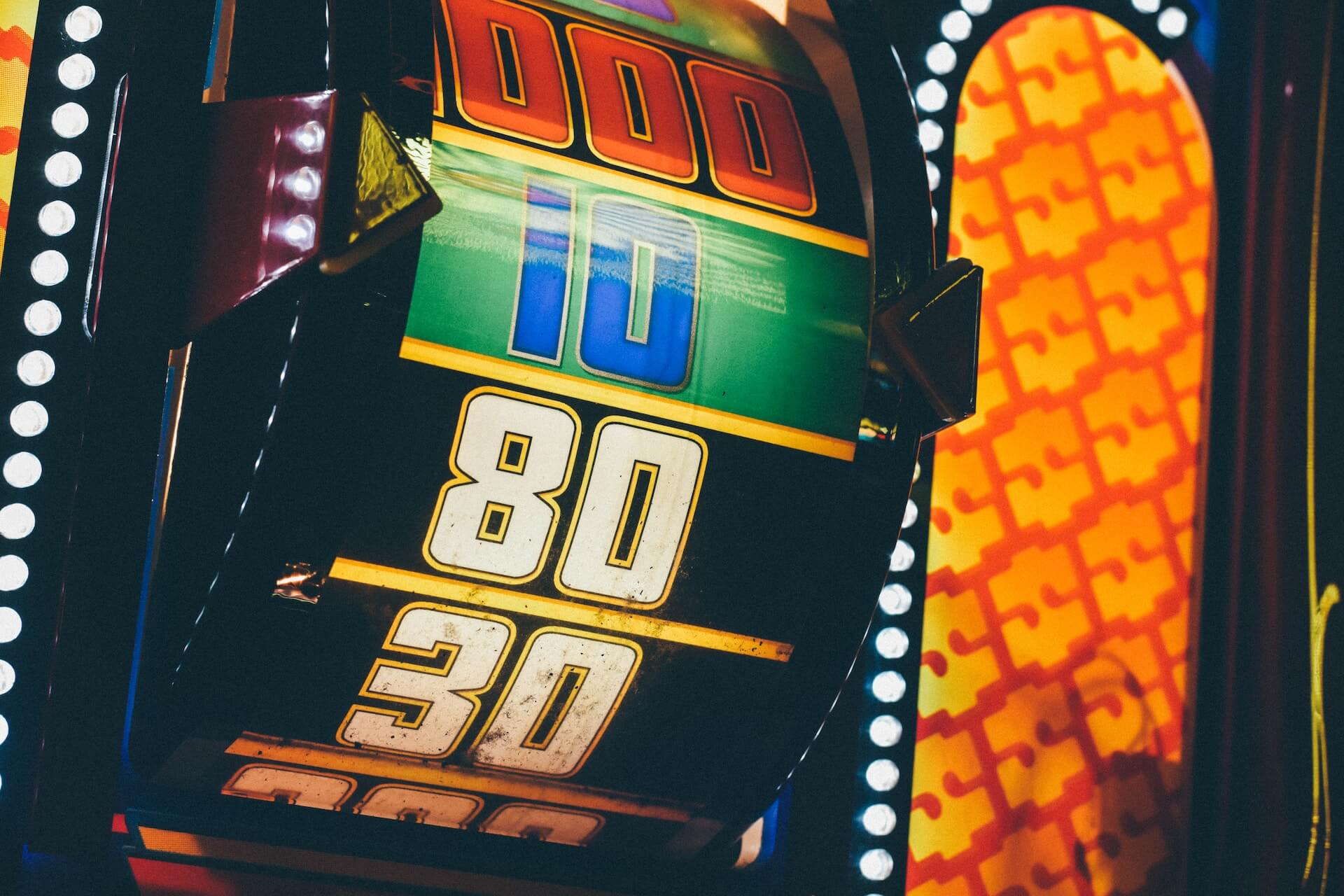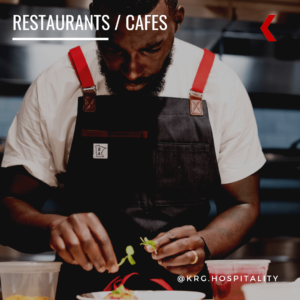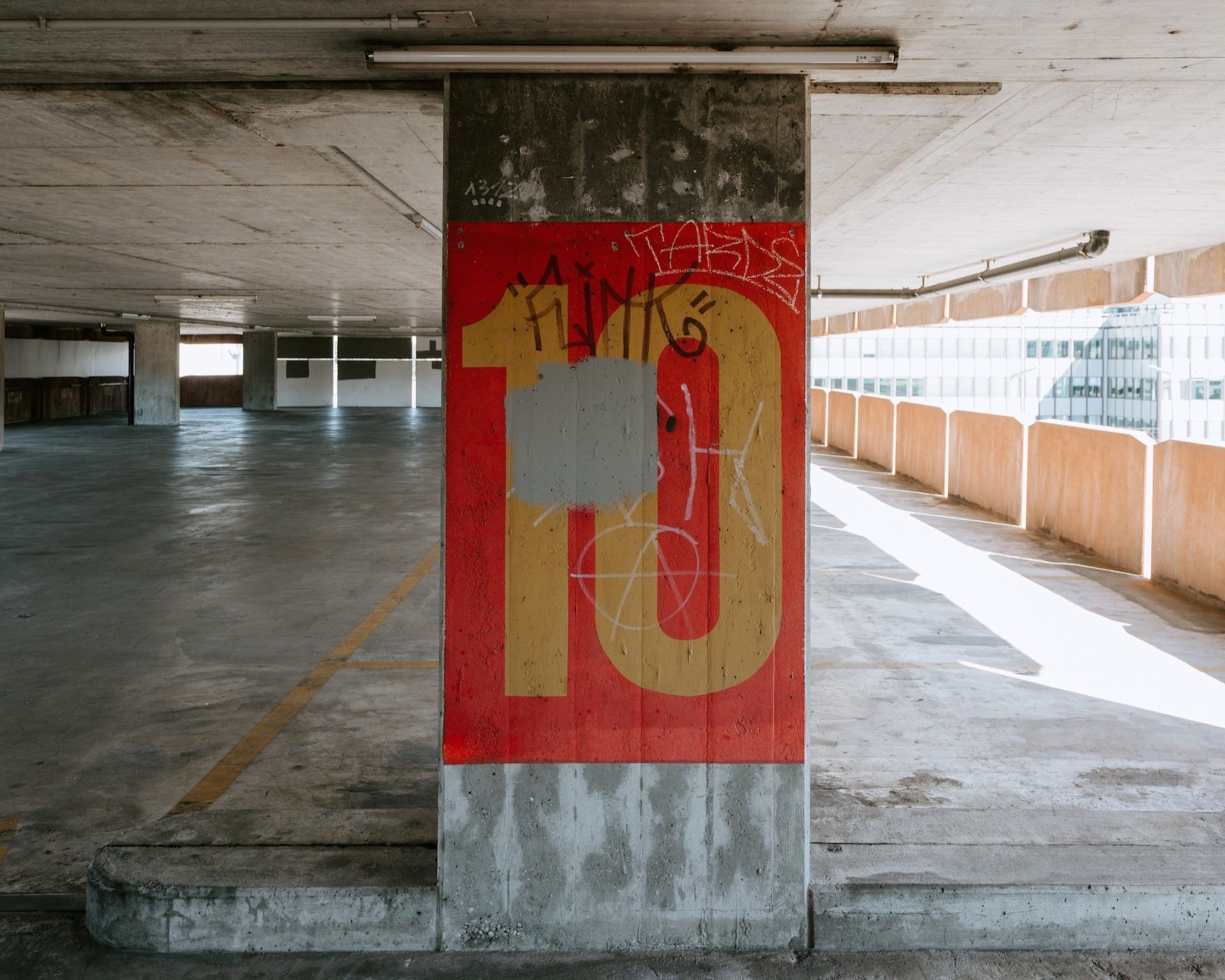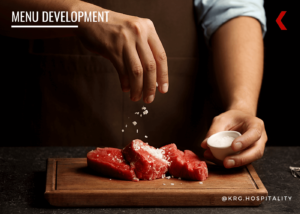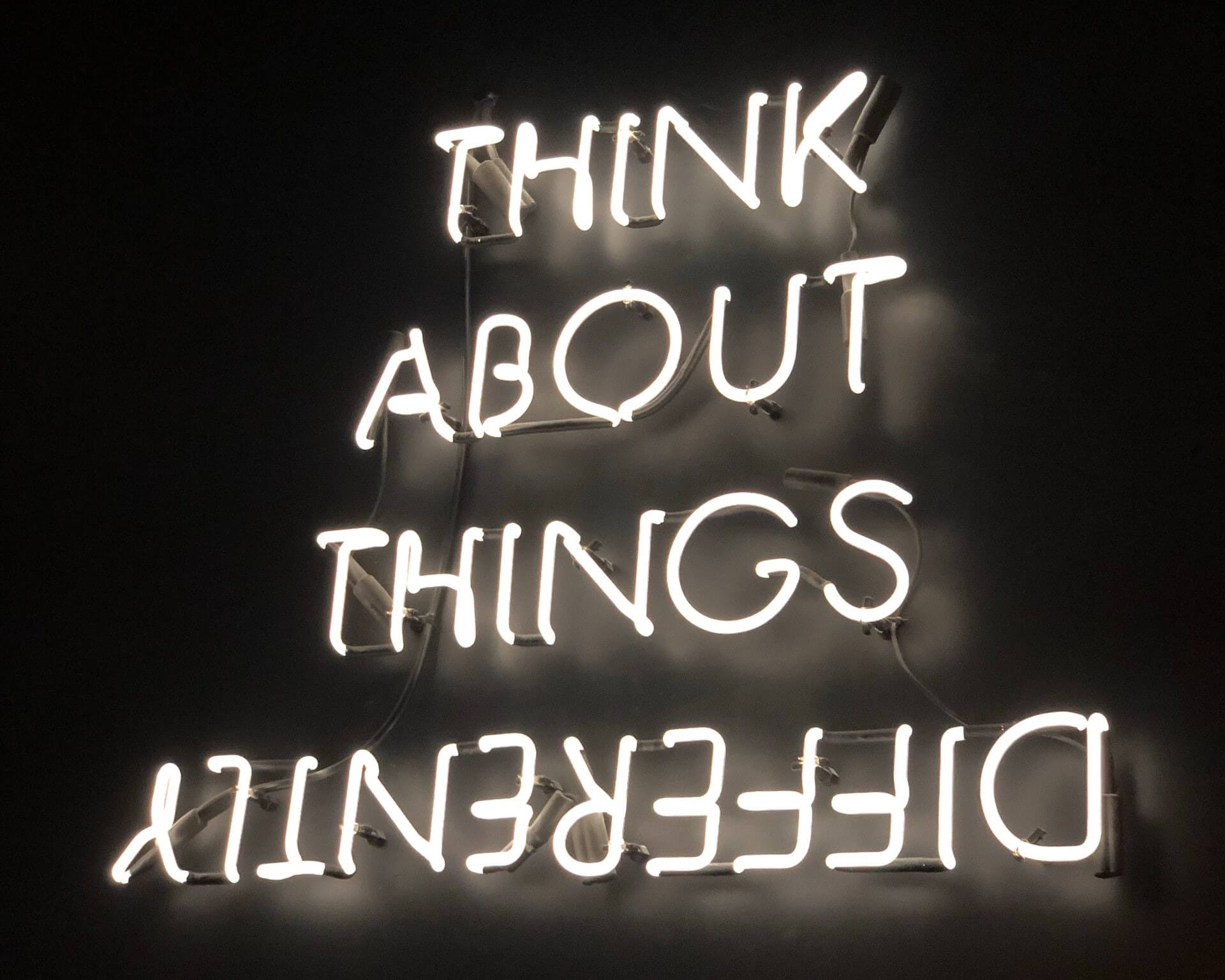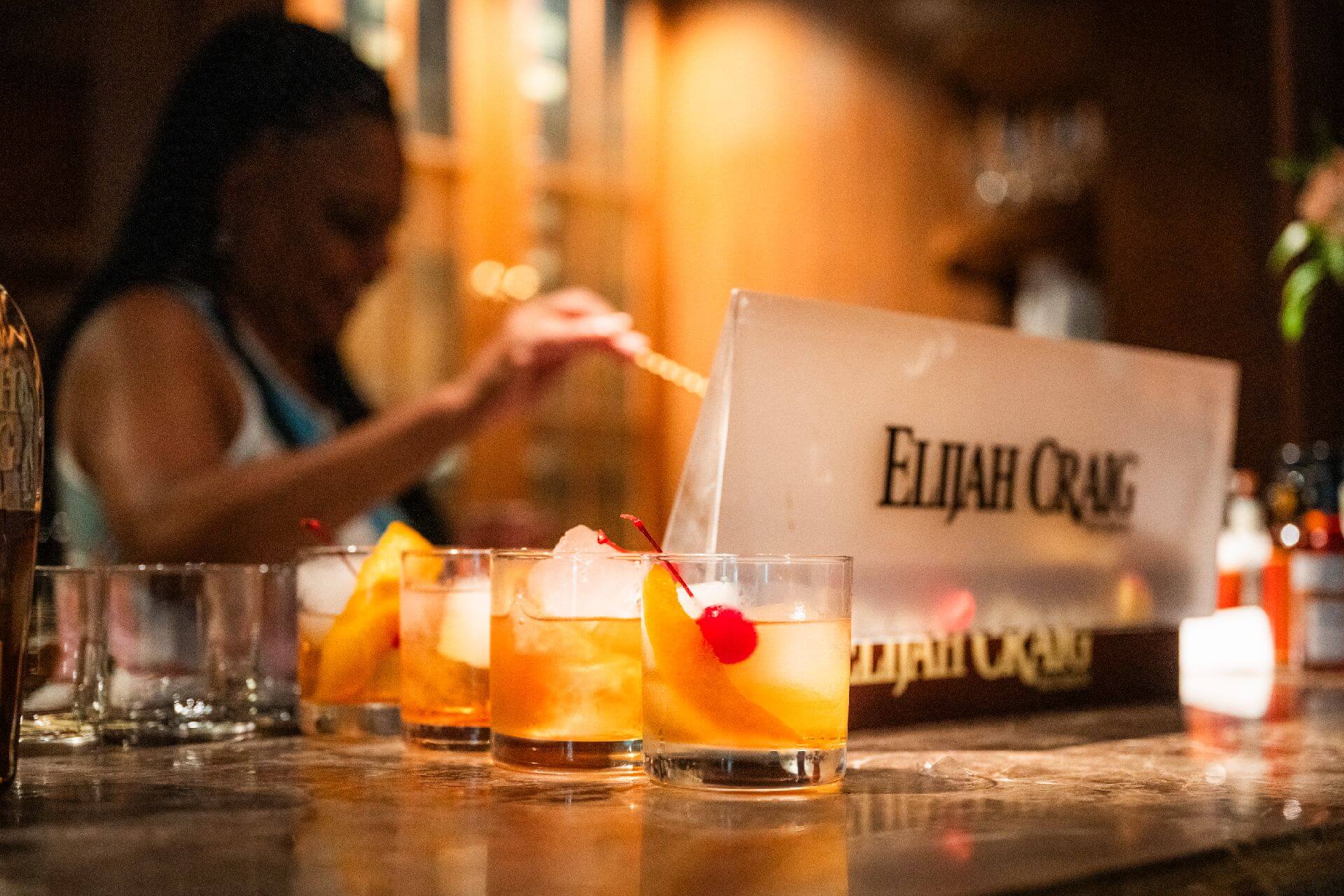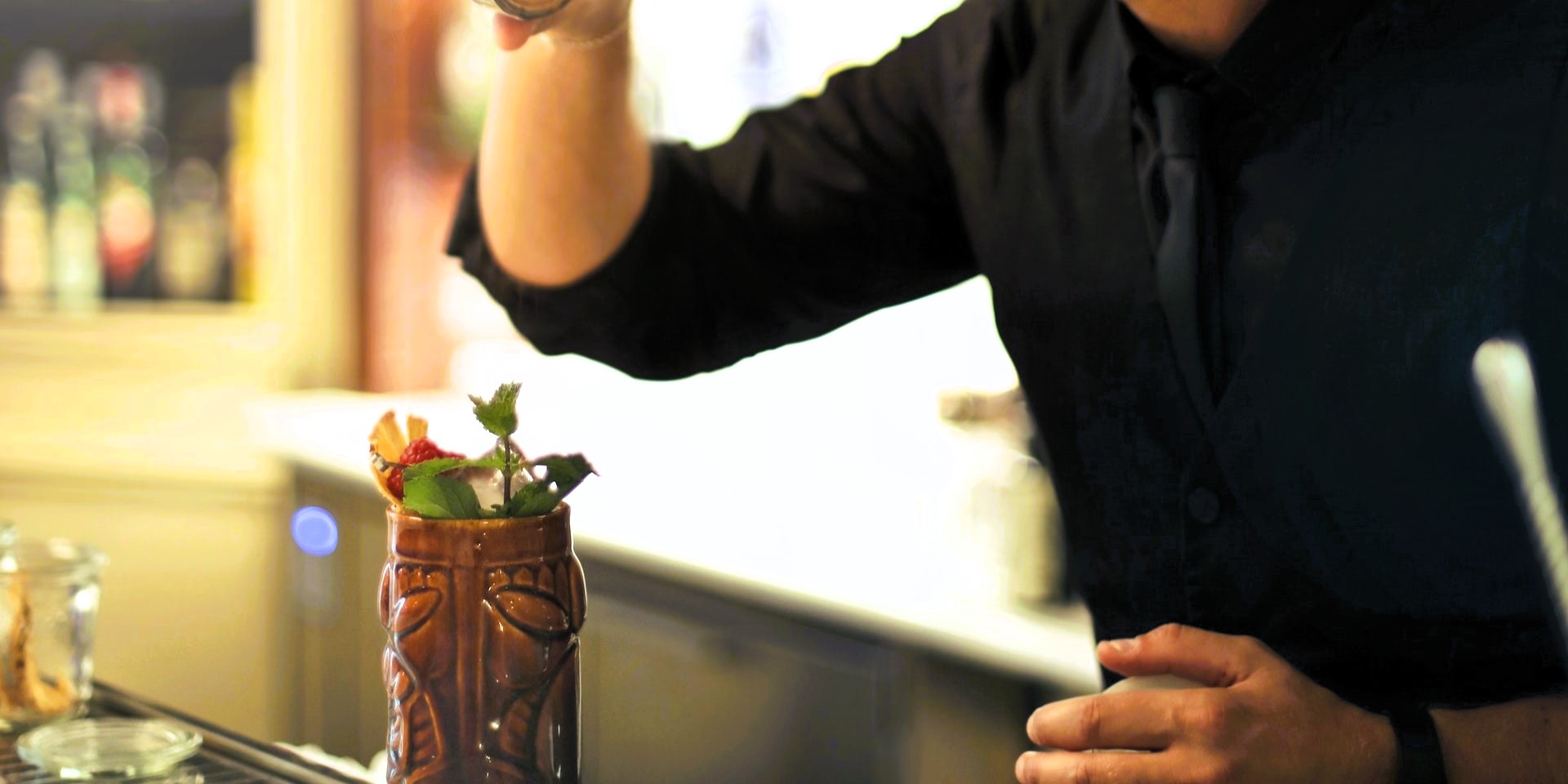2023 Midyear Roundup: Top 10 News Articles
by David Klemt

We’re kicking off our 2023 midyear article roundup with our top ten articles that focus on restaurant, bar, hotel, and hospitality news stories.
Interestingly, almost half of our top news stories (so far) feature SevenRooms. That’s a testament to the growth of that reservation and guest retention platform in 2023 alone.
You, our loyal readers, have also shown great interest in two tax credit bills; alternatives to ServSafe; HD Awards finalists; and the Cointreau MargaRight campaign.
Cheers!
What’s up with the Restaurant Revitalization Tax Credit?
If you’re wondering what’s going on with the Restaurant Revitalization Tax Credit bills in the House and Senate, you’re probably not alone.
And if you find yourself wondering about them, that’s likely because there isn’t much news about the bills. Unfortunately, it appears that no meaningful progress has been made on HR 9574 or S.5219.
A quick check shows that both bills share the same status: Introduced. As for the House bill, HR 9574, that was introduced on December 15, 2022 by Representative Earl Blumenauer (D-OR). The Senate bill, S.5219, was introduced by Senator Benjamin Cardin (D-MD) on December 8, 2022.
It’s important to note that Sens. Cardin, Patty Murray (D-A), and Sherrod Brown (D-OH) reintroduced S.5219 in January of this year. However, that apparently didn’t mean much as the Congress.gov trackers show no progress.
Last year, some opined that neither bill would receive a vote until January 2023 at the earliest. That “prediction” has proven true, of course—it’s now the end of March.
Click here to read.
EHI and Danny Meyer Invest in SevenRooms
SevenRooms is showing no signs of resting on their laurels, announcing a major new investor: Enlightened Hospitality Investments.
EHI, a private-equity fund, traces its launch back to 2016. The fund, launched by and affiliated with Union Square Hospitality Group, typically makes investments in the $10-25 million range. Generally speaking, EHI makes non-control investments.
As you’re likely well aware, USHG’s founder and executive chairman is none other than restaurateur Danny Meyer. The Shake Shack chairman is also the managing partner of EHI.
Investment in SevenRooms by EHI—and by extension Danny Meyer—is huge news. Meyer now joins other high-profile chef and restaurateur investors in SevenRooms:
- Chef José Andrés
- Chef Thomas Keller
- Jeremy King
- Chef Michael Mina
- Chef Wolfgang Puck
“At EHI, we always pay close attention to transformative tech that advances high touch,” says Meyer. “Far more than a reservations platform, SevenRooms provides abundant tools to create highly customized guest experiences and equips both restaurant and hotel teams to do what they do best—deliver truly memorable hospitality.”
Continue reading—click here!
A Group of Senators has Questions About ServSafe
The National Restaurant Association and the ServSafe program are now in the crosshairs of a group of Democratic senators.
I doubt any organization or individual wants to learn that lawmakers have questions for them. For those who may not know, ServSafe isn’t just in a partnership with the National Restaurant Association—the NRA owns the program.
That’s part of why six senators, led by Sen. Elizabeth Warren (D-MA), have sent a letter to the NRA. To describe the tone of this letter in one word, I think “aggressive” is accurate.
Keep reading.
Credit Card Competition Act, Take Three
Here we go again: Bipartisan lawmakers in the House and Senate are taking another shot at the Credit Card Competition Act.
After the incredibly underwhelming progress of the Credit Card Competition Act of 2022, lawmakers are making another move. Now, a bipartisan effort is coalescing around the Credit Card Competition Act of…2023.
The “new” bill was introduced on June 7. On the Senate side, Senators Dick Durbin (D-IL) and Roger Marshall (R-KS) are trying to push the bill forward. In the House, Representatives Lance Gooden (R-TX) and Zoe Lofgren (D-CA) are driving the effort.
Roughly eight months ago it was revealed that 1,802 merchants drafted, signed, and sent a letter to the House and Senate. To summarize quickly, the merchants were pushing for the bill to become law. Another supporter of the CCCA? The National Restaurant Association, claiming that the bill could save merchants $11 billion a year in fees.
Of course, a lot is going on since the introduction of the CCCA of 2022. For one, it’s being widely reported that House Republicans are “revolting,” blocking bills and effectively paralyzing the chamber. There’s also the matter of the second indictment of a former president.
However, reporters who know far more than I about the inner workings of Congress seem optimistic. While there’s drama in the lower chamber, there are articles circulating that seem to think the CCCA of 2023 has enough bipartisan support to pass.
Click here to continue reading this article.
Cointreau Wants to Know: Are You Making MargaRights?
Temperatures are rising and people are socializing, so Cointreau wants to make sure you and your team make Margaritas right.
In fact, they’re so serious about Margarita specs that they’re partnering with Aubrey Plaza educate the public. To celebrate the 75th anniversary of the Margarita, the iconic brand is launching the MargaRight campaign.
Challengers come and go but so far, the Margarita is the top cocktail in the US. This has been the case for many, many years. Of course, it’s also a popular cocktail around the world and has been number one in other countries as well.
Now that we’re a week away from the “official” start of summer, it’s paramount to make sure your Margaritas are MargaRight. For one thing, it’s the perfect summer sipper. For another, people are eager to socialize in restaurants and bars, and the Margarita is sure to join groups of friends as they hang out together.
But there’s another reason to ensure your Margs are on point: The wrath of Aubrey Plaza. More accurately, avoiding incurring Plaza’s wrath for putting MargaWrongs across your bar.
Margarita mix? Anger. No Cointreau? Fury.
To borrow a refrain from fanatics of another classic cocktail, it’s safe to say that Plaza would agree with, “No Margarita without Cointreau.”
Follow this link to continue reading.
The 2023 HD Award Finalists and Winners
As one would expect, the finalists and winners of the 2023 Hospitality Design Awards are a stunning collection of brands from which operators should pull inspiration.
Anyone looking for cutting-edge hospitality design would do well to look into each of the winners and finalists in this article.
The full list of award finalists and winners, and the architecture, interior design, and purchasing firms (along with owners and operators) can be found on the Hospitality Design website.
Keep reading here.
SevenRooms Introduces New Tool: Pre-Shift
A new tool from SevenRooms will help operators and their teams make the most of pre-shift meetings to deliver exceptional service.
Aptly named, Pre-Shift provides a real-time, data-driven picture of a given shift’s reservations. Operators and their leadership team members will no longer need to hit the office, navigate to the day’s reservations, and print out guest data—assuming they have such valuable information.
Further, this new feature is accessible via the venue’s devices (tablets, phones, etc.). Pre-Shift, then, offers a real-time view of reservations and robust guest data. Well ahead of arrivals, staff will know a guest’s seating preference, relationship with the venue, reviews they’ve left, allergies, and much more.
Intriguingly, Spago has been testing Pre-Shift ahead of SevenRooms’ announcement and launch. Per Steve Scott Springer, the GM of Spago of Beverly Hills, this new tool is a game-changer for restaurants.
Continue reading via this link.
Chief Marketing Officer Joins SevenRooms
Just weeks after revealing a new partnership to start 2023, SevenRooms is now announcing their first-ever chief marketing officer.
Today, the guest retention platform takes another massive step in their march toward continuous growth. Josh Todd, former CMO of Mindbody, will serve as CMO of SevenRooms moving forward.
“Over the past year, I was able to get to know Joel and the SevenRooms team and see the differences they are making across the hospitality industry through data and insights,” says Todd. “Throughout my career, I have been passionate about deepening the human connections and experiences within the industries I’ve worked in, and I immediately recognized that SevenRooms truly embodies the operator-first mentality, making this a natural move for me. I’m honored to join the team and look forward to bringing my expertise and storytelling to the table.”
Todd’s appointment to CMO is yet another example of SevenRooms’ seemingly unstoppable growth. Each year, the platform strategizes, analyzes how their moves can benefit operators, and expands while streamlining.
It’s this growth that shows operators they’re here to serve the industry for the foreseeable future. And it’s this growth that should make operators confident about implementing SevenRooms in their tech stacks.
Click here to keep reading.
SevenRooms Introduces Email Marketing Integration
Today, SevenRooms announces a new marketing innovation that integrates with the platform’s Automated Email feature: Email Marketing.
This is more evidence of SevenRooms’ continued growth. The company began 2023 by adding their first-ever chief marketing officer. Just two months later, SevenRooms announced a new investor: Enlightened Hospitality Investments, spearheaded by Danny Meyer.
Additionally, offering this new tool to operators makes clear the platform’s intent to truly be an all-in-one operations solution. Email Marketing, for example, can replace third-party email services. Streamlining marketing makes it simpler for operators and their teams to ensure they keep guests engaged with their venue and brand.
And, of course, including effective tools within a single platform can lead to reduced costs and the relief of pain points. When systems are difficult to use, some operators are less inclined to want to actually use them. That’s a waste of valuable resources.
Combined with Automated Emails, SevenRooms Email Marketing gives more control over marketing to operators. Not only are emails triggered based on various tags, the emails can be customized fully. And, to ensure marketing runs smoothly for everyone, operators will have access to templates if customization isn’t necessarily in their wheelhouse.
Click here!
The Kraken Unleashes a new Monster
The Kraken, which claims to be the top-selling black spiced rum in the world, has released another monster: the Kraken Gold Spiced Rum.
This new release is a direct shot across the bow of the Captains, Sailors, and Admirals that have long commanded the spiced rum category. In other words, you know exactly which brands the Kraken is challenging with this expression.
Of course, this also gives you and your bar team a new spiced rum to introduce to guests. As it turns out, spiced rum is the most popular of the rum categories.
In June of 2020, Drizly launched BevAlc Insights by Drizly. The data-focused platform can provide operators with insights into consumer behavior and preferences. After all, if they’re ordering specific products for delivery to drink at home, they’ll expect the restaurants and bars they visit to have them on their menus.
Per BevAlc Insights, spiced rum boasted a 27-percent share in comparison to other styles in 2021. Interestingly, dark rum, according to BevAlc, held only a five-percent share. Those interested in this data can learn more reviewing BevAlc Insights’ 2021 Rum Forecast.
As far as what to expect on the nose and palate, tasting notes make mention of aromas of banana bread, caramel, vanilla, cinnamon, and oak. One reviewer on YouTube likens the nose to that of Bumbu Rum. Vanilla and oak carry through to the finish, with the top flavors being molasses, dark spice, and caramelized sugar.
For more, click this link.
Image: Mike Flamenco on Unsplash
